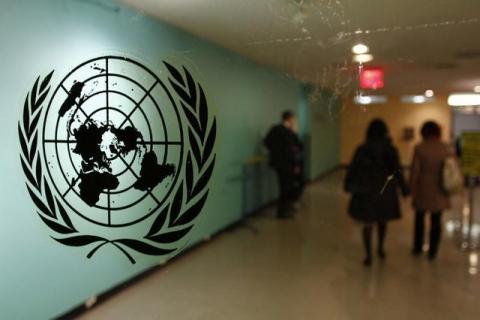Advertisement
Torture, sexual violence on rise in Burundi - UN experts
GENEVA (Reuters) - Torture is on the rise against government critics detained in Burundi and security forces are using sexual violence against women during protests and searches, United Nations human rights experts said on Friday.
The U.N. Committee against Torture voiced concern at the use of "genocidal rhetoric" by senior officials and at the ethnic nature of the year-long conflict in the central African country.
"We have reports and information that indicates that the violence, the torture, is politically-motivated. And whether it also has an ethnic component, there are also indications for that," Jens Modvic, panel chairman, told a news briefing.
"You could consider that systematic torture directed toward certain political and ethnic groups would be an early warning sign of a process that could deteriorate into genocide."
More than 450 people have been killed since President Pierre Nkurunziza won a third term. Opponents said his move violated the constitution and a deal that ended a civil war in 2005.
About a quarter of a million people have fled the violence, which has alarmed neighbouring countries in a region where memories of Rwanda's 1994 genocide remain raw. Like Rwanda, Burundi has an ethnic Hutu majority and a Tutsi minority.
The panel, composed of 10 independent experts, called on Burundi to exert rigorous control of its police and security forces and to halt crimes including extrajudicial executions, torture and disappearances. Investigations should be carried out and perpetrators prosecuted.
Most torture occurs in the national intelligence services near the Bujumbura cathedral, but also in secret detention centres, the experts said after examining Burundi's record.
Justice Minister Aimée Laurentine Kanyana told the panel at the start of the two-day review torture was prohibited in Burundi and perpetrators were tried and punished. The government delegation boycotted the session on the second day, the U.N. said.
The panel, in a statement on Monday, said four Burundian lawyers who provided information to them about alleged torture face disbarment as retribution for their testimony.
(Writing by Stephanie Nebehay; Editing by Janet Lawrence)



















Add new comment